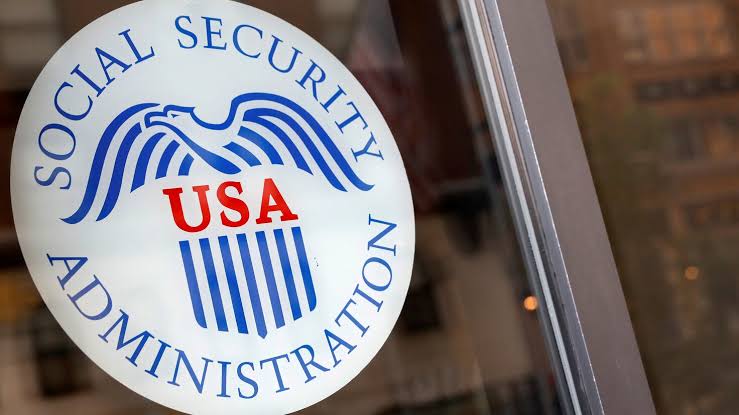In September 2024, the Social Security Administration agreed to implement New Social Security Rules. It include modifications to the Public Household Assistance and Food Assistance, which includes SNAP benefits.
The SSA has given its approval to the new regulations. This will take effect in September 2024 and impact SSI and SSDI recipients. Helping those receiving SSI benefits is the primary objective of expanding eligibility for millions of Americans.
You can find all the information regarding the Social Security regulations that will be relevant on this website.
New Social Security Rules September 2024
The sole agency that has been assisting the public by giving them money in the form of Social Security Benefits, also known as Fixed Income, is the Social Security Administration.
The Supplemental Security Income (SSI) shall be subject to new regulations starting in September 2024, according to an announcement made by the Social Security Administration.
The Social Security Administration (SSA) has been planning for the new regulations to be put into effect in order to assist millions of Americans.
The bulk of these Americans are retired workers, and the majority of them receive SSI benefits. This is the sole group for which the changes will be made.
The retired individuals 65 years of age and older who have been blind or have a handicap are the recipients of SSI benefits. If the beneficiaries’ monthly income is below $1971, they receive an SSI payment of $943.
Married couples are eligible for a monthly allowance of $1415. The new regulations from the SSA will alter who is eligible to receive the benefit. It will also raise the payout amount for all qualifying individuals.
Three new regulations are set to be put into effect, including the Rent Subsidy Policy, Food Assistance, and Public Household Assistance. You should read this article through to the conclusion to obtain specific updates on how the new regulations are being implemented.
Starting Phase Of The New Social Security Rules
The purpose of the New Rules’ implementation is to assist everyone receiving SSI payments and increase eligibility for all Americans. According to the SSA, all Americans will be subject to the rules starting on September 30, 2024.
1. Public Assistance Household
The Public Assistance Household has been defined more broadly by the SSA. Also, all members must receive public assistance in order to be eligible to apply for SSI benefits.
According to the new rule, SSI will only pay benefits to one recipient and at least one other member who will receive public payments for one or more benefits.
The Public Assistance Household will also include SNAP recipients. This adjustment has eliminated the major obstacles to receiving SSI. The adjustments advance fairness in our initiatives.
2. Food Assistance
Another form of assistance is food, which is covered by the ISM programme and is not taken into account when determining eligibility. Because food assistance represented a component of unearned income, the benefits were previously lowered. However, as of right now, this won’t fall under unearned income, and the government wants to make its rules less complicated for the public.
3. Rent Policy
The second extension pertains to the rent policy. It aims to offer rental or other help without influencing eligibility or the monthly payment amount. The states of Illinois, New York, Indiana, Texas, and Vermont are eligible for the new rule. This will expand the policy to the federal level.
New Social Security Rules September 2024: Impact
The goal of the new regulation is to benefit Americans, and by tightening the requirements for qualifying, more assistance will be provided to those who require it.
The SSI will continue to serve as the cornerstone of the community, thanks to the new regulations that will guarantee equality.
The citizens’ standard of living will likewise increase as a result. One will be able to live with dignity and obtain additional resources with the extension of eligibility.
